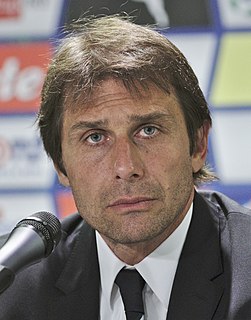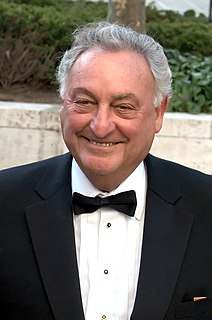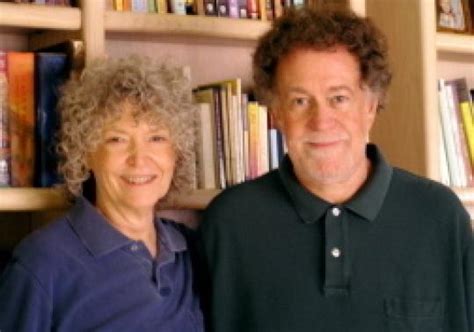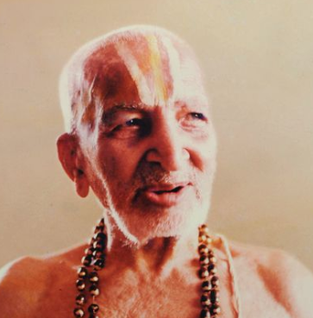A Quote by B.K.S. Iyengar
When you see a mistake in somebody else, try to find if you are making the same mistake.
Related Quotes
You must purge yourself before finding faults in others. When you see a mistake in somebody else, try to find if you are making the same mistake. This is the way to take judgment and to turn it into improvement. Do not look at others' bodies with envy or with superiority. All people are born with different constitutions. Never compare with others. Each one's capacities are a function of his or her internal strength. Know your capacities and continually improve upon them.
It is not a mistake to commit a mistake, for no one commits a mistake knowing it to be one. But it is a mistake not to correct the mistake after knowing it to be one. If you are afraid of committing a mistake, you are afraid of doing anything at all. You will correct your mistakes whenever you find them.
General Napoleon says that 'Never interrupt your enemy when he is making a mistake.' Well, I suggest doing the opposite: Interrupt your enemy when he is making a mistake. Don't be opportunist; don't benefit from the weakness of your enemy! Be just even to your enemy! Try to find a way to defeat him without harming him; prove to be as intelligent as to find such a way! Only then, your victory will be meaningful and honourable!
I sometimes react to making a mistake as if I have betrayed myself. My fear of making a mistake seems to be based on the hidden assumption that I am potentially perfect and that if I can just be very careful I will not fall from heaven. But a 'mistake' is a declaration of the way I am, a jolt to the way I intend, a reminder I am not dealing with the facts. When I have listened to my mistakes I have grown.
The biggest mistake, in general, I've made, is to put too much of a weighting on someone's talent and not enough on their personality. And I've made that mistake several times. I think it actually matters whether somebody has a good heart, it really does. I've made the mistake of thinking that it's sometimes just about the brain.



































